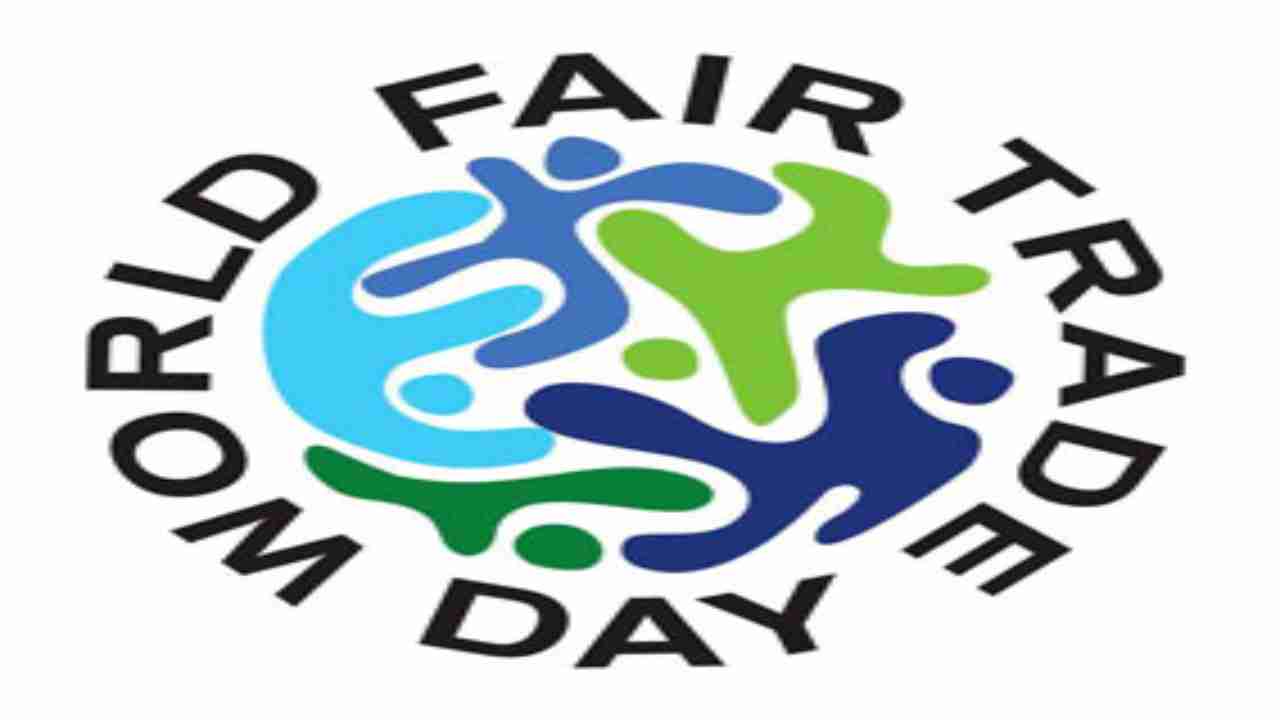World Fair Trade Day, is a global celebration on the second Saturday of May. This way it falls on May 9 this year. This day is intended to showcase the small-scale producers at the heart of the fair trade movement and the contributions they make to healthy and sustainable communities around the world.
Fair Trade is a trading partnership that observes the human rights of all involved, paying fairly for goods and services that have been sustainably sourced and also engaging in supporting the fight against economic crisis, poverty, gender inequality, and climate change. World Fair Trade encourages the public to, where possible, choose Fair Trade goods, becoming fair and ethical consumers.
History of World Fair Trade Day
World Fair Trade Day was created by the World Fair Trade Organization (WFTO) in 2004, though the WFTO itself came into existence 15 years earlier, in 1989.
WFTO is a global association of 324 organizations in over 70 countries, and Fair Trade Day takes place on the second Saturday of May of each year, and it is an inclusive worldwide festival of events celebrating Fair Trade as a tangible contribution to the fight against poverty and exploitation, climate change and the economic crisis that has the greatest impact on the world’s most vulnerable populations.
World Book Day celebrated online amid COVID-19 lockdown: Unesco
The World Fair Trade Organisation believes that the global crisis confirms the need for a fair and sustainable economy locally and globally. Trade must benefit the most vulnerable and deliver sustainable livelihoods by developing opportunities for small and disadvantaged producers. Millions of producers and traders, businesses and policymakers, supporting organizations and volunteers have contributed to the substantial growth of Fair Trade globally.
Facts About Fair Trade:
50% of Fairtrade is owned by farmers
The international Fairtrade system is governed by the General Assembly and the Board of Directors. The assembly combines 50 percent producer representation with 50 percent national Fairtrade organisation representation, and decides on membership issues, approves the annual accounts, and ratifies new Board members.
Fairtrade works almost entirely with small-scale farmers
Fairtrade works mainly with small-scale farmers because they are amongst the most marginalised, and face particular disadvantages in the marketplace such as lack of access to markets, or lack of information about price and quality. Fairtrade seeks to address these challenges through the Fairtrade Standards which are devised specifically for plantations or small producer organisations, in consultation with, among others, the workers and smallholder producers themselves.
Of the 1.7 million farmers and workers in the Fairtrade system in 2017, 82 percent were small farmer organisations.
Fairtrade is a global organisation
There are over 20 Fairtrade organisations across Europe, Japan, North America, Mexico, Australia, and NZ as well as networks of producer organisations from Asia, Africa, Latin America, and the Caribbean. There are over 1.66 million farmers and workers in 1,411 producer organisations across 73 countries in the Fairtrade system.
Choosing Fairtrade products helps to tackle the climate crisis
Fairtrade mainly certifies small-scale farmers who sign up to rigorous standards, which include environmental criteria such as, protecting the natural environment, banning the use of harmful pesticides, minimising the use of energy and water, especially from non-renewable sources, and making environmental protection part of farm management. Fairtrade also organises training for farmers so they can learn how to grow in harmony with the local environment and avoid creating monocultures. Many producers also invest their Fairtrade Premium – the extra money they get for selling on Fairtrade terms – in various projects aimed at developing local herbicides and drip irrigation. Fairtrade is a choice for nature, and a way of farming that safeguards both humans and the environment.



















